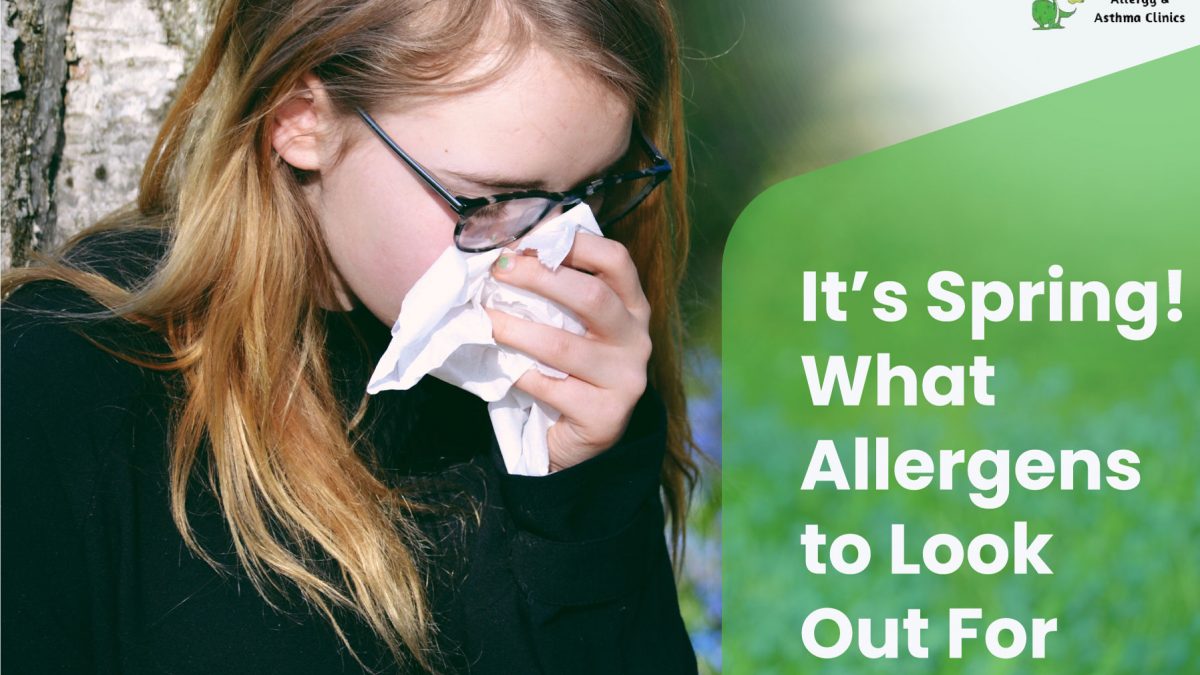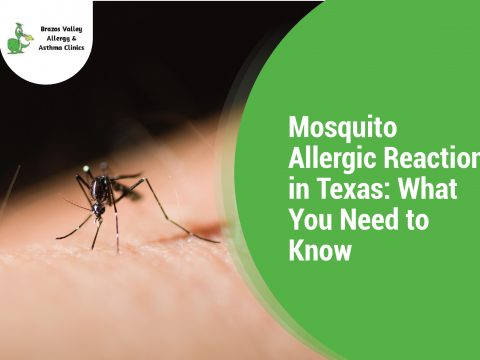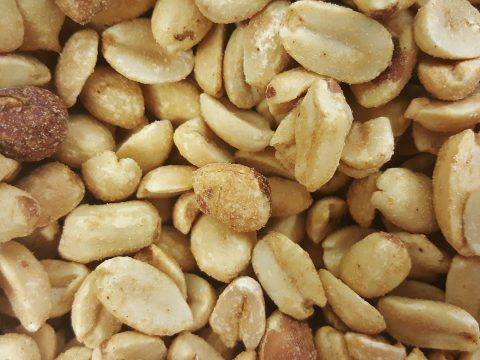- 979-485-9287
- office@bvallergy.com
-
 979-251-7804
979-251-7804
It’s Spring! What Allergens to Look Out For

Home Remedies for Insect Allergies
February 15, 2022
Sleep and Allergies: How to Cope for a Better Night’s Sleep
February 16, 2022Spring is the season of new beginnings. It’s the time when new buds bloom, animals awaken from hibernation, and the earth seems to fill itself with beaming life. However, spring is also the time for seasonal allergies. The trees and grasses begin to release pollen into the air during springtime. Pollen, when inhaled, can trigger allergic reactions in people with or without allergies. Unfortunately, there is no cure for spring allergies during this season.
With that in mind, we’ve prepared valuable information about the types of allergens to look out for this spring. We’ll talk about the signs, symptoms, and treatment in this post. So, whether you have a known allergy during springtime or none, this article will surely help you.
What are Spring Allergies?
Spring allergies occur when a person’s immune system reacts to a substance called an allergen. Allergens are typically harmless, but when a person has allergies, their body releases antibodies that produce histamine and other chemicals with an increased level. Histamine makes you sneeze to protect your nose from allergens and causes you to have tears to protect your eyes.
Pollen: The Main Reason for Allergic Reactions During Springtime
Plants produce pollen for reproduction. These tiny grains or “seeds” travel the air and are the primary cause of spring allergies to humans.
Trees that Release Pollens
- Elm
- Poplar
- Aspen
- Cedar
- Hickory
- Ash
- Sycamore
- Cypress
- Palm
- Beech
- Pine
- Willow
- Maple
- Oak
- Olive
- Alder
- Mulberry
- Juniper
- Boxelder
- Cottonwood
Weeds and Grasses that Release Pollens
- Fescue
- Redtop
- Timothy
- June
- Perennial rye
- Johnson
- Bermuda
- Sweet vernal
- Saltgrass
- Orchard
Symptoms of Spring Allergies
Here are the common symptoms that you may experience from the allergens listed above
- Runny nose
- Itchy eyes and nose
- Diagnosis
- Sneezing
- Watery eyes
- Coughing
- Dark circles under the eyes
The symptoms are generally mild to moderate. However, if left unchecked, it could turn into a significant annoyance. For example, sneezing and coughing can disrupt your sleep. Lack of quality sleep can cause stress and affect your way of living. Although spring allergies are just a minor issue to some, they could still create a negative impact on your life.
Seasonal Allergy Prevention
Try following these steps to minimize the risks of allergic reactions.
- Keep your doors and windows closed at night
- Cut the grass in your garden short
- Dispose of rotten or dead logs
- Bathe when you return from outside the house
- Wear a mask to filter the pollen
- Wash bed covers and pillowcases regularly
- Change your clothing when you enter the house
- Buy an air purifier
- Clean your house regularly
- Limit your time going out
- Use a dryer to dry your clothes instead of hanging them outside
Seasonal Allergy Remedies
Medications
The typical remedy for seasonal allergies is over-the-counter medications. These drugs are very effective in managing allergies fast.
Antihistamine
Antihistamine is one of the most commonly used treatments for allergies. They provide fast and efficient relief for itching, runny nose, cough, and sneezing. On the other hand, antihistamine induces drowsiness. You may want to buy the non-drowse type when you need it during the daytime. You can buy it as a pill, nasal spray, or in a liquid form.
Decongestant
A Decongestant is another OTC that you can use for spring allergies. They shrink your nasal blood vessels to relieve swelling and congestion. It is effective against coughing and sneezing. You can also find a combination of antihistamine and decongestant from your local pharmacy.
Corticosteroids (Nasal)
Nasal corticosteroids are effective against stuffy nose and inflammation. They provide quick relief, helping you breathe better, especially at bedtime.
Eye Drops
Eye drops are perfect for itchiness, irritations, and redness. They prevent the swelling of the eyes when exposed to allergens.
Home Remedies for Allergies (Outdoor Allergens)
There are scenarios where you don’t have OTC meds in cases of allergic reactions. Fortunately, there are other alternatives ideal for these types of situations. Here are the natural remedies for spring allergies:
Nasal Irrigation (Saline)
Saline nasal irrigation or saline rinse is effective against springtime allergies like a stuffy or runny nose. The salt content reduces the mucus from your nasal passages, allowing you to breathe better.
Steam Inhalation
Steam opens and soothes clogged nasal passages. It is one of the most straightforward home remedies you can try. All you have to do is place boiling water onto your table, cover your head with a cloth or towel, then inhale the vapors for at least ten minutes.
Air Filtration/ Dehumidifiers
Air filters or dehumidifiers are widely available nowadays. You can use them to filter pollen and prevent molds inside the house. What’s more, you will benefit from cleaner air in the long run.
A Word of Advice
Spring allergies are temporary and usually mild. Most of the symptoms go away naturally in their own time. Taking the medications that we suggested above is relatively safe and effective. But, it would be best if you always consider talking to your doctors for better understanding. Your allergist’s advice is still your number one priority.
Don’t Let Seasonal Allergies Spoil Your Springtime Fun
Brazos Valley Allergy & Asthma Clinics specializes in allergies, including spring allergies. Our doctors are the most reliable team in College Station and the Brazos Valley. We perform skin prick allergy tests to ensure safe and quality treatment for all our patients. Don’t let spring allergies hinder you from enjoying spring with your family. Give us a call today, and let’s schedule an appointment that works for you!




